Teaching Law in a Time of Change and Conflict
2023 Chicago-Kent Law Review Live Symposium
Symposium Editors
Carolyn Shapiro, Chicago-Kent College of Law
Christopher Schmidt, Chicago-Kent College of Law
Chicago-Kent College of Law
565 West Adams Street
Chicago, Illinois 60661
November 17, 2023
Directions and Parking
Contact: Danielle C. Taylor | cklawreview.me@kentlaw.iit.edu
The Symposium is free. Please register here:

Schedule Overview
Friday November 17, 2023
| Time (CST) | Event | In Person Location* | |
| 8:45 AM – 9:15 AM | Refreshments & Check-in | 5th Floor | |
| 9:15 AM – 9:30 AM | Welcome & Introduction | Classroom 590 | |
| 9:30 AM – 10:30 AM | Teaching in a Polarized Environment | Classroom 590 | |
| 10:45 AM – 11:45 AM | Race and Gender in the Classroom | Classroom 590 | |
| 11:45 AM – 12:45 PM | Break & Lunch | 2nd Floor Cafe | |
| 12:45 PM – 1:45 PM | Pedagogy | Classroom 590 | |
| 2:00 PM – 3:00 PM | Justice and/versus Law | Classroom 590 | |
| 3:15 PM – 4:15 PM | Teaching How Change Happens | Classroom 590 | |
| 4:15 PM – 4:30 PM | Closing Remarks | Classroom 590 |
Please find a detailed schedule including Zoom links here.
*All locations are inside the Chicago-Kent College of Law, 565 W. Adam St., Chicago, IL 60661
Panel Participants
Michèle Alexandre
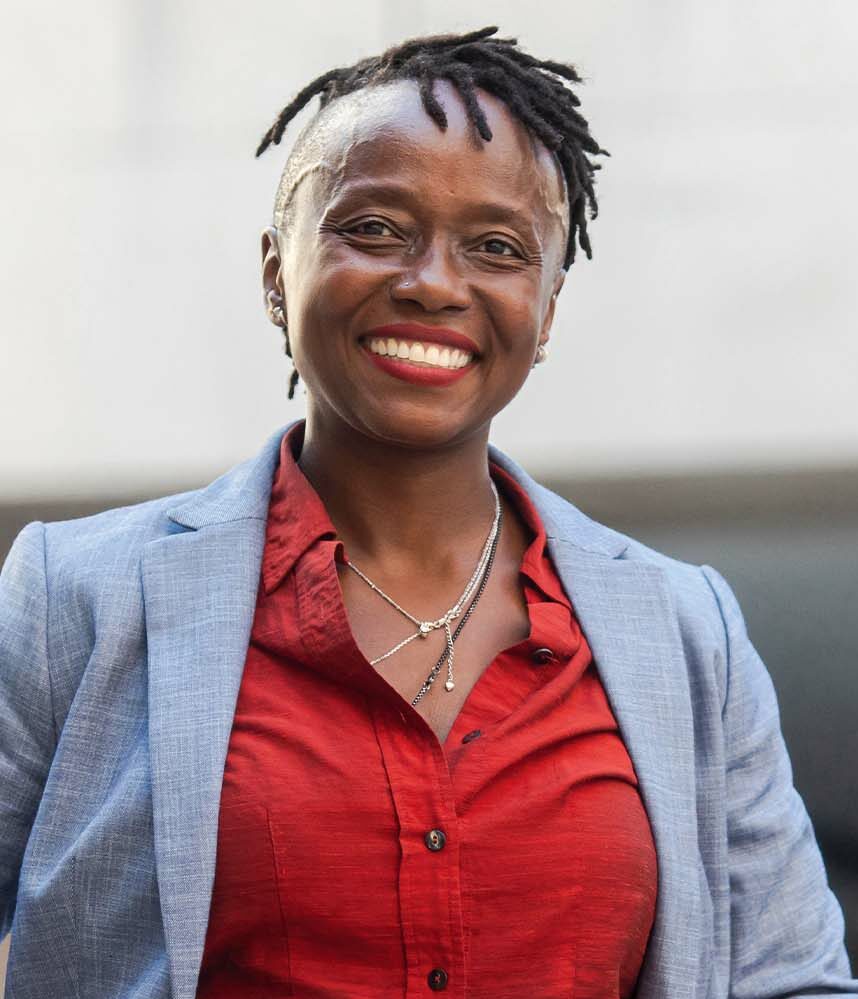
Michèle Alexandre is the dean of the School of Law. Alexandre previously served as dean of Stetson University College of Law, where she led efforts to expand the curriculum, increase alumni engagement, and establish new community partnerships. Under her leadership, Stetson raised more than $20 million for scholarships and capital projects, created a new business law concentration, and boasted the best pass rate for first-time takers of the Florida Bar exam since 2016. A first-generation lawyer, Alexandre has dedicated much of her career to issues of sustainability, race and gender equity, economic independence, and social justice for small farmers and poor populations. Her scholarship includes constitutional law, international law, civil rights law, disability law, critical race theory, human rights, and gender.
She previously held roles at the University of Mississippi School of Law, the American College of Law, the University of Baltimore School of Law, and the University of Memphis Cecil C. Humphreys School of Law, among others. Alexandre litigated discrimination cases in Selma, Alabama, including both iterations of the historic Black Farmers class action litigation.
Alexandre authored the civil rights textbook The New Frontiers of Civil Rights Litigation (Carolina Academic Press, 2019) and Sexploitation: Sexual Profiling and the Illusion of Gender (Routledge, 2014).
William Baude
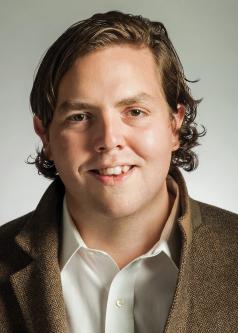
William Baude is a Professor of Law and the Faculty Director of the Constitutional Law Institute at the University of Chicago Law School, where he teaches federal courts, constitutional law, and conflict of laws. His current research interests include different aspects of the Fourteenth Amendment (particularly both Section One and Section Three) and the nature of judicial discretion.
Among his other activities Baude is: the co-editor of two textbooks, The Constitution of the United States and Hart & Wechsler’s Federal Courts in the Federal System; an Affiliated Scholar at the Center for the Study of Constitutional Originalism; a founding member of the Academic Freedom Alliance; a member of the American Law Institute; an occasional blogger at The Volokh Conspiracy; and a podcaster on Divided Argument. He also recently served on the Presidential Commission on the Supreme Court of the United States.
Professor Baude received his BS in Mathematics from the University of Chicago and his JD from Yale Law School. He then clerked for then-Judge Michael McConnell on the United States Court of Appeals, and Chief Justice John Roberts on the United States Supreme Court. Before joining the Chicago faculty, he was a fellow at the Stanford Constitutional Law Center, and a lawyer in Washington, DC.
Jeannine Bell
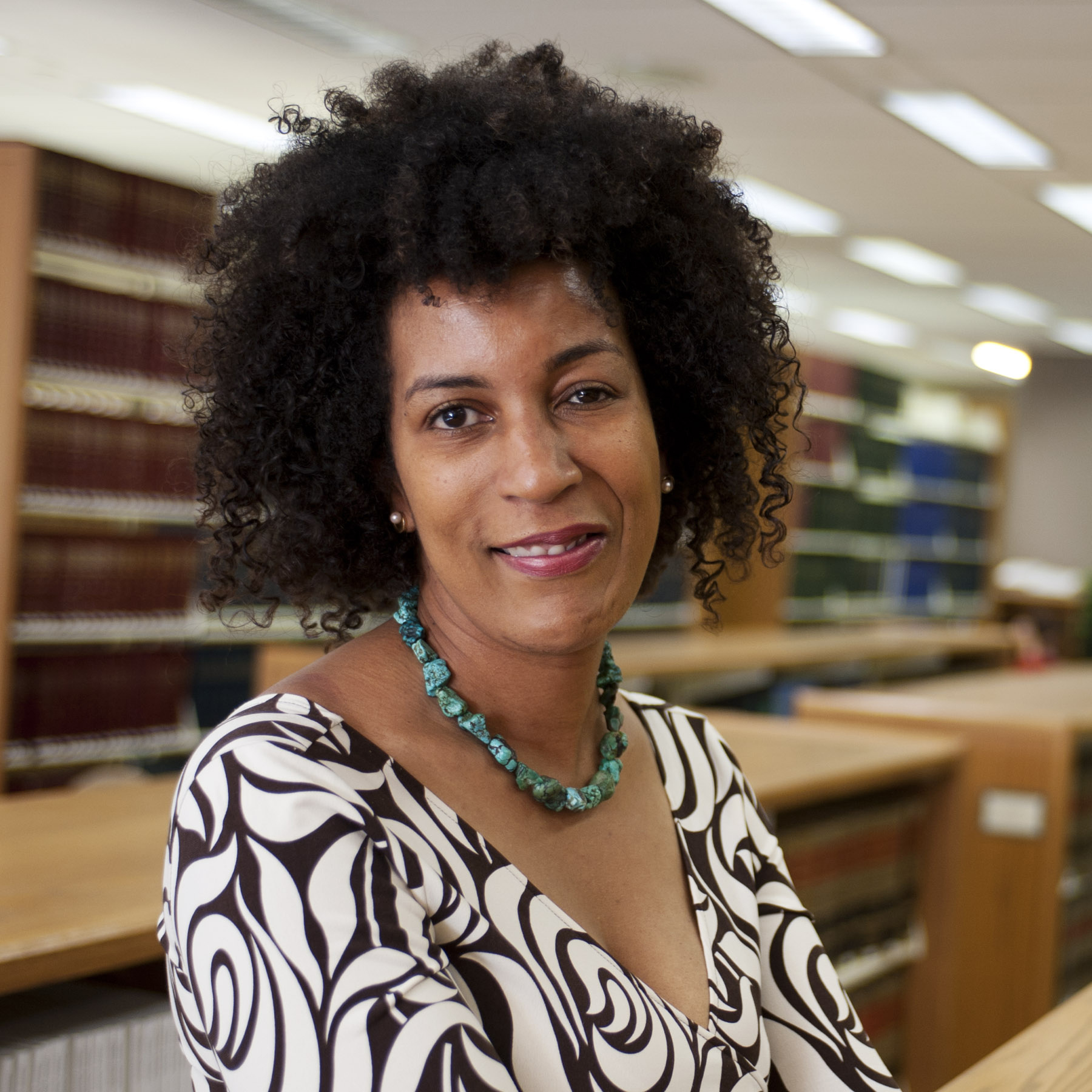
Jeannine Bell is a Curt and Linda Rodin Professor of Law and Social Justice at Loyola University Chicago School of Law. Her first book, Policing Hatred: Law Enforcement, Civil Rights, and Hate Crime (New York University Press, 2002), is an ethnographic study of how hate crime law works in practice, from the perspective of a police hate crime unit enforcing the law. Bell’s most recent book, Hate Thy Neighbor: Move-In Violence and the Persistence of Racial Segregation in American Housing (New York University Press, 2013), was the first study into the role of violence, intimidation, and fear in maintaining housing segregation. Bell began research on Hate Thy Neighbor while a Visiting Scholar at the ABF. A frequent commentator on the news and public affairs, Professor Bell writes widely on policing and hate crime issues. Her articles have appeared in journals around the country including the Harvard Civil Rights & Civil Liberties Law Review, the Boston University Law Review, and the Law & Society Review. She is currently a book on policing, based on more than 80 interviews she and colleagues collected.
Evan Bernick
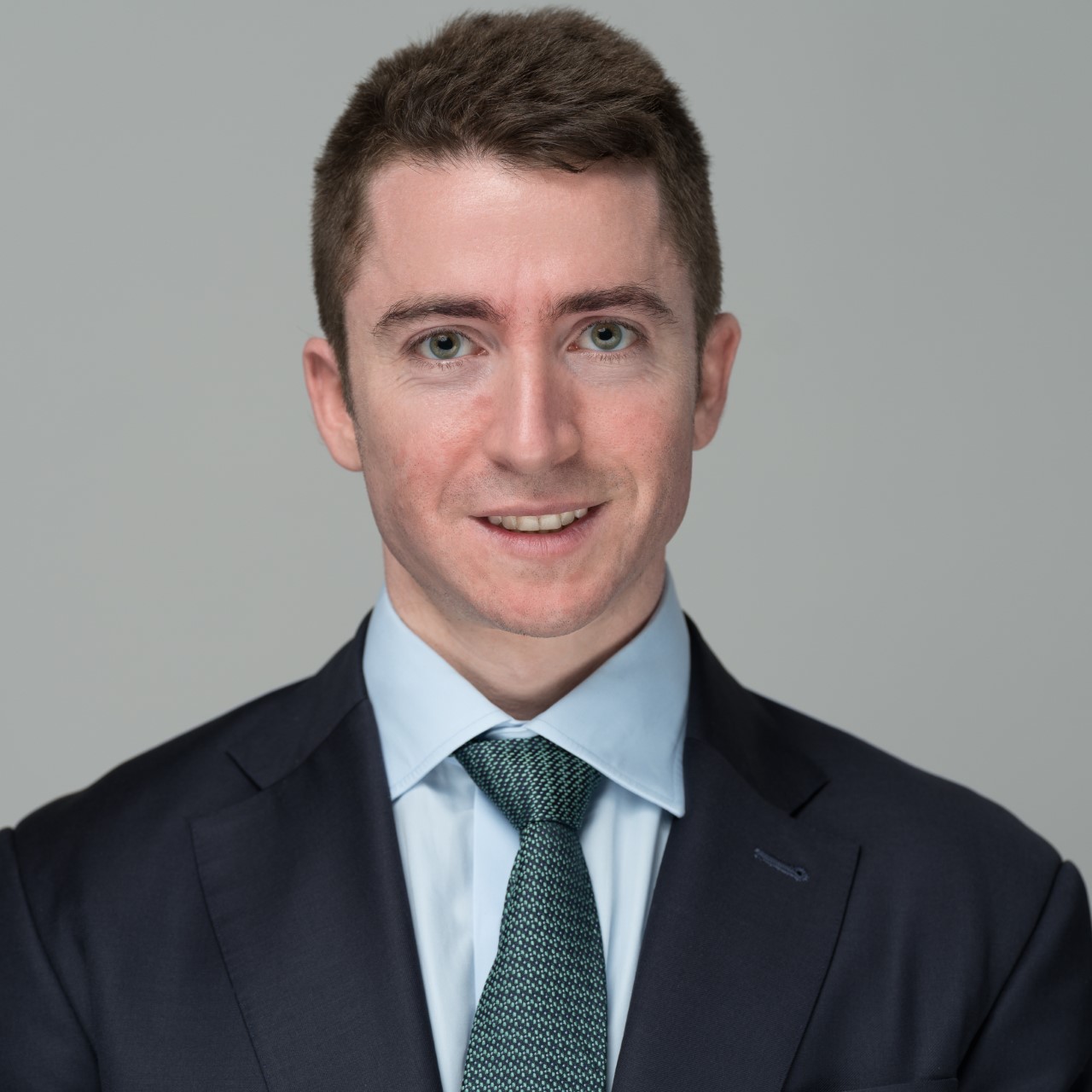
Evan Bernick joined the NIU Law faculty in 2021. He teaches courses in constitutional law, criminal law, criminal procedure, administrative law and legislation.
From 2020 to 2021, Professor Bernick was a visiting professor at the Georgetown University Law Center and the executive director of the Georgetown Center for the Constitution. Before that, he served as a clerk to Judge Diane S. Sykes of the United States Court of Appeals for the Seventh Circuit. From April 2017 to April 2019, he was a visiting lecturer at Georgetown and a resident fellow of the Center for the Constitution.
His scholarship covers a range of topics, from constitutional law, to philosophy of law, to social movements, to law enforcement. He has published with the Georgetown Law Journal, the Notre Dame Law Review, the William and Mary Law Review and the George Mason Law Review, among other journals. His book, The Original Meaning of the Fourteenth Amendment: Its Letter and Spirit (2021), with Randy E. Barnett, was published by Harvard University Press under its Belknap imprint “for books of long-lasting importance, superior in scholarship and physical production, chosen whether or not they might be profitable.”
Professor Bernick received his bachelor’s degree in 2008 from the University of Chicago, where he studied philosophy and graduated with honors. He received his juris doctorate in 2011 from the University of Chicago Law School.
Joshua Braver
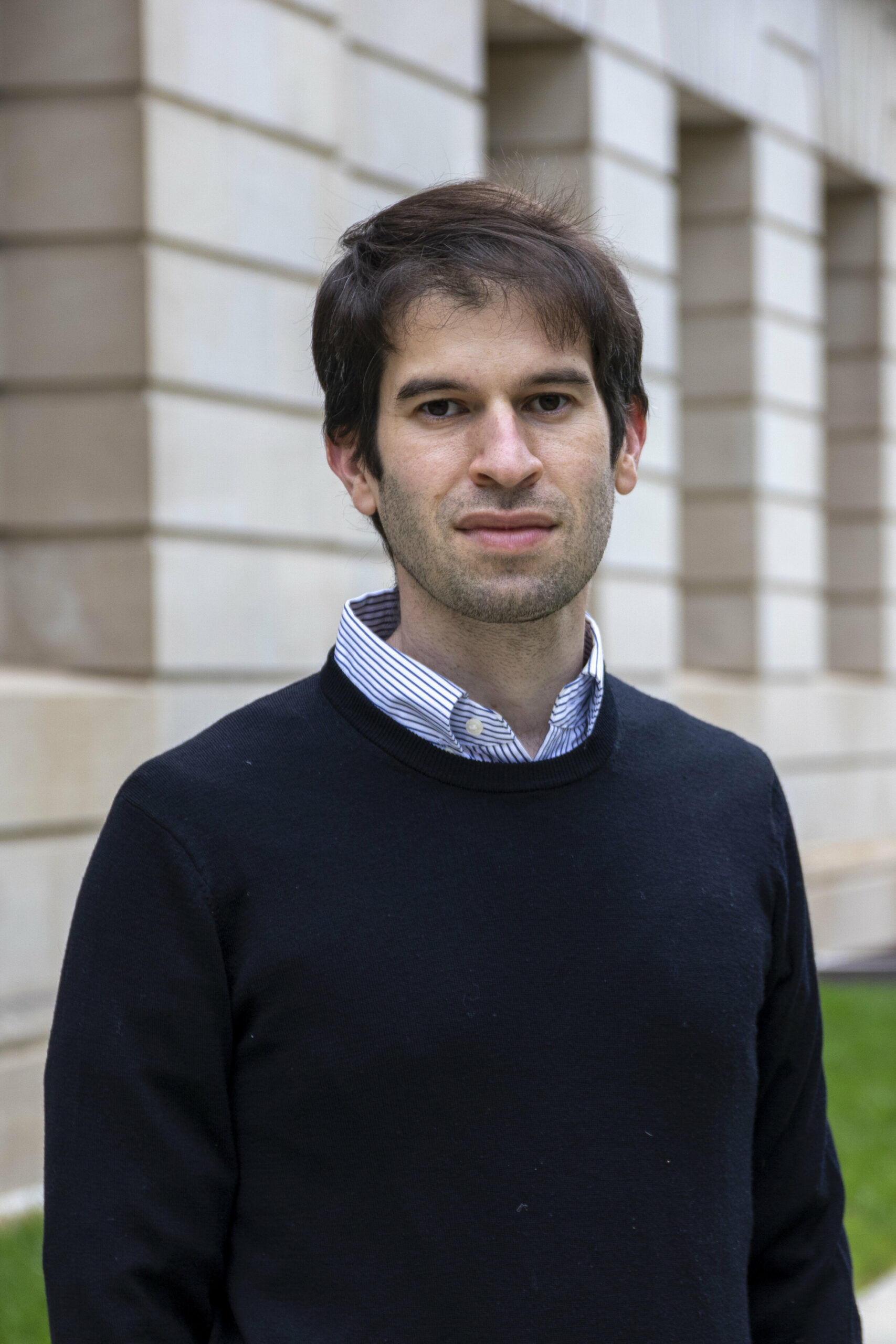
Joshua Braver is an assistant professor at the University of Wisconsin Law School. His primary interests lie at the intersection of constitutional law and political theory. His research mines the rich normative debates of past constitutional conflicts to construct limiting principles for moments when law’s boundaries must be pushed, stretched or violated. His book, “We, the Mediated People: Populist Constitution-making in Contemporary South America,” examines constitutional assemblies’ rebellions against their governing rules, rules that were set by legislatures and are enforced by judiciaries. His work is published in the Boston College Law Journal, the Georgetown Journal of International Law, the International Journal of Constitutional Law, among others. He has also written for more popular outlets such as The Atlantic Monthly, Politico, Lawfare, Dissent, and Talking Points Memo.
Joshua received a B.A. from U.C. Berkeley and graduated as the Valedictorian of the Political Science Class. He received his J.D. from Yale Law School and his Ph.D in political science from Yale University.
Christine Kexel Chabot
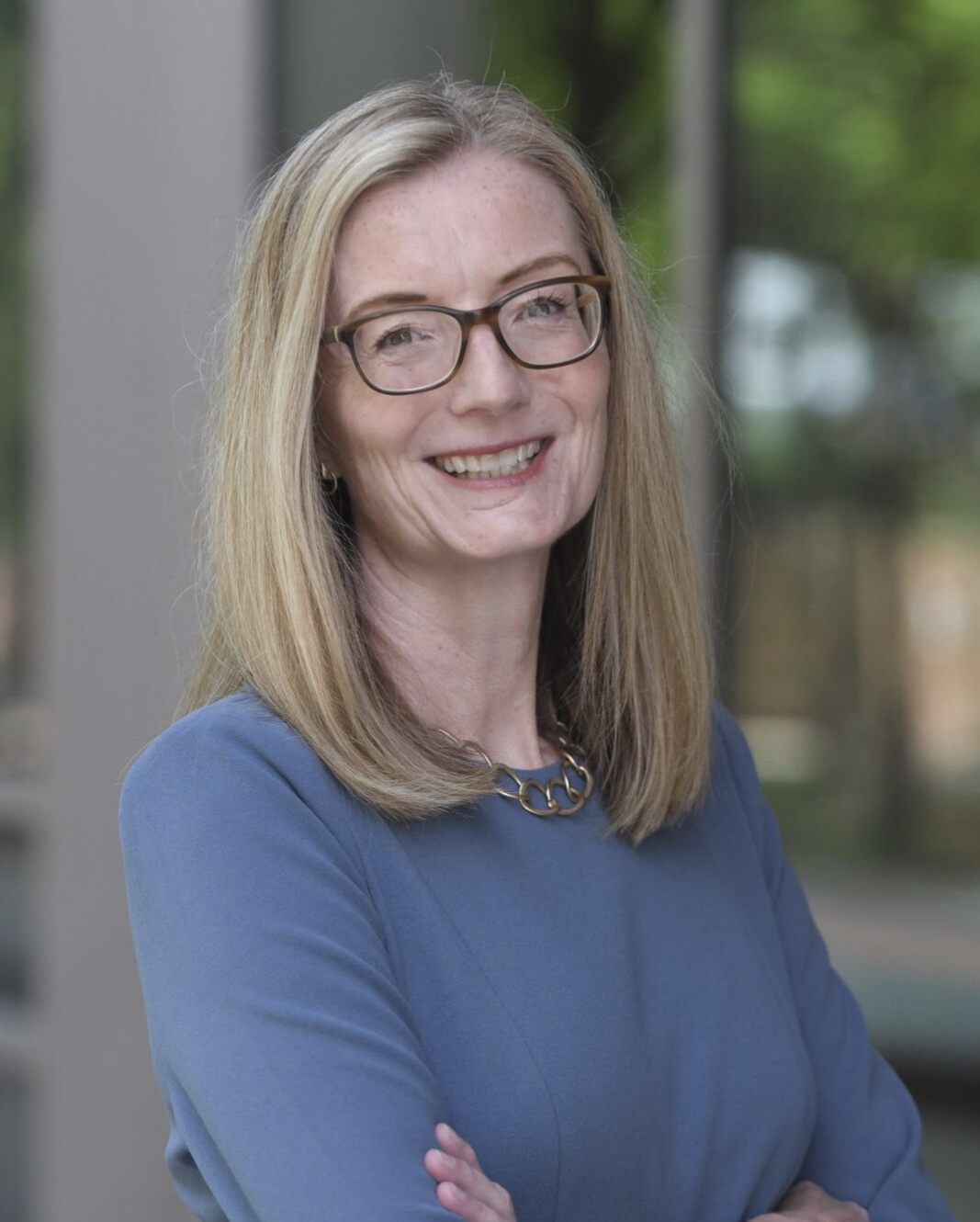 Christine Kexel Chabot, Associate Professor of Law, Marquette University School of Law.
Christine Kexel Chabot, Associate Professor of Law, Marquette University School of Law.
Professor Chabot’s constitutional and administrative law scholarship focuses on agency and judicial independence, separation of powers, and the history of the administrative state. Her work has been or is about to be published in leading journals including the Virginia Law Review, the Notre Dame Law Review, the Fordham Law Review, the Georgia Law Review, the Connecticut Law Review, the Utah Law Review, and the Administrative Law Review. Her research has been cited by the United States Supreme Court and featured in media such as The New York Times, Bloomberg Law, CNN, the ABA Journal, and The Economist. Professor Chabot has extensive experience teaching in the areas of administrative law and regulation, antitrust, and sales. She also clerked for U.S. Court of Appeals Judge Jane R. Roth and practiced at national law firms. She is a magna cum laude graduate of the Notre Dame Law School and holds a B.A. from Northwestern University.
Francizka Coleman
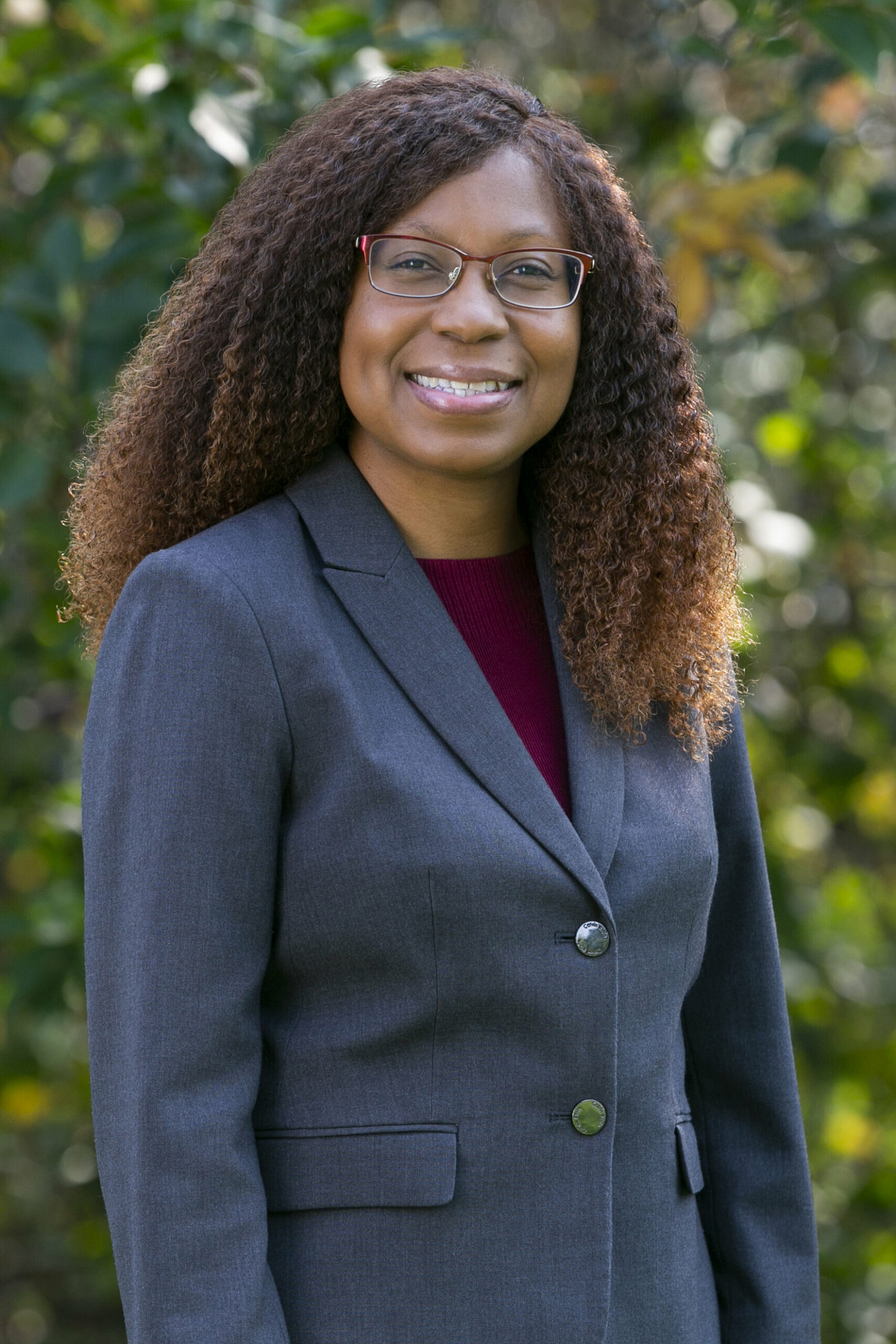
Franciska Coleman is an Assistant Professor of Constitutional Law at the University of Wisconsin Law School and the Associate Director of the East Asian Legal Studies Center. She is an interdisciplinary scholar, whose work draws upon political theory, critical discourse analysis, and constitutional law.
Professor Coleman’s current research focuses on the social regulation speech (aka “cancel culture”) and methods of minority political empowerment. She uses these as frameworks within which to explore how marginalized groups influence and contest law and narrative as well as how the constitution protects or fails to protect those efforts. Her most recent work focuses on how social speech sanctions inform legal sanctions and are impacted by the social/cultural/political capital of individuals and groups.
Prof. Coleman previously taught American Constitutional Law I and II at Yonsei Law School in Seoul, South Korea. During that time, she worked closely with the Korean government on several initiatives, such as international roundtables on offensive speech held by the Korean Communication Standards Commission and efforts by the Korean Legislation Research Institute to make Korean statutes more accessible to foreign communities.
Prof. Coleman received her JD from Harvard Law School and her PhD in Literacy, Culture and International Education from the University of Pennsylvania.
Caroline Mala Corbin

Caroline Mala Corbin is Professor of Law at the University of Miami School of Law. She teaches U.S. Constitutional Law I, U.S. Constitutional Law II, First Amendment, the Religion Clauses, the Free Speech Clause, Feminism and the First Amendment, and Advanced Topics in Reproductive Rights. Her scholarship focuses on the First Amendment’s speech and religion clauses, particularly their intersection with equality issues.
Professor Corbin’s articles have been published in the New York University Law Review, UCLA Law Review, Northwestern University Law Review, Boston University Law Review, and Emory Law Journal, among others. As well as writing for Dorf on Law, ACSblog, and NBC Think, Professor Corbin is a frequent commentator for local and national media on First Amendment questions.
Professor Corbin joined the Miami law faculty in 2008 after completing a postdoctoral research fellowship at Columbia Law School. Before her fellowship, she litigated civil rights cases as a pro bono fellow at Sullivan & Cromwell LLP and as an attorney at the ACLU Reproductive Freedom Project. She also clerked for the Hon. M. Blane Michael of the United States Court of Appeals for the Fourth Circuit. Professor Corbin holds a B.A. from Harvard University and a J.D. from Columbia Law School.
Raff Donelson
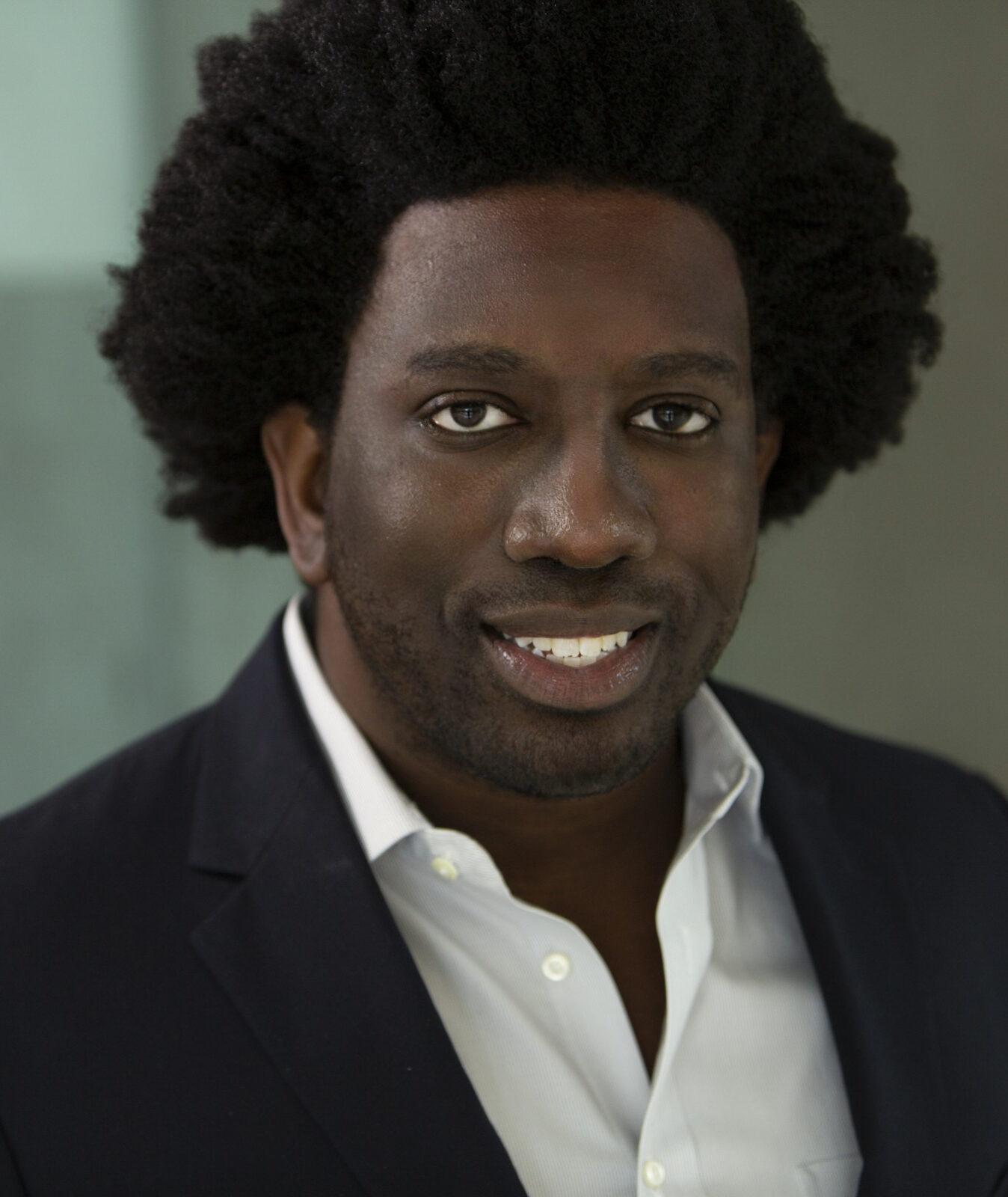
Raff Donelson (JD-PhD, Northwestern University) is an associate professor at the Chicago-Kent College of Law. He teaches courses in criminal law, criminal procedure, constitutional law, and legal theory. In addition to teaching law at the postgraduate level, Dr. Donelson has taught courses in philosophy and civics to a variety of students from middle school to high schoolers to undergraduates. At the college level, he has worked with traditional students and older adult learners.
This wide-ranging teaching career is complemented by a broad set of research interests. Donelson’s research grapples with questions in law, in philosophy, and at the intersection of these two fields. In philosophy, his research focuses on the foundations of ethics, the American pragmatist tradition, and on questions about the nature of law. His legal doctrinal research centers on police, criminal suspects, and the plight of incarcerated persons. Not content merely to produce his own scholarship, Donelson promotes the work of others by serving as an editor of the Journal of Legal Philosophy and as a founding member and coordinator for the Policing, Policy, and Philosophy Initiative.
Steven Heyman
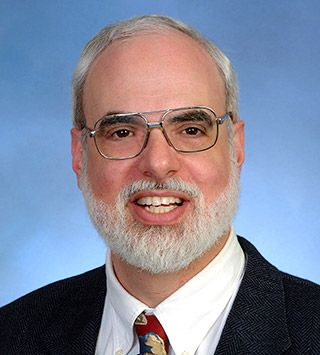 Steven J. Heyman attended Harvard College and Harvard Law School, where he was a Supreme Court editor of the Harvard Law Review. After graduating in 1984, he worked as a law clerk to Judge Harry T. Edwards of the U.S. Court of Appeals for the D.C. Circuit and then as an associate at the Washington, D.C. law firm of Shea & Gardner. In 1989, he joined the faculty of Chicago-Kent, where he teaches criminal law, torts, legislation, constitutional law, and the First Amendment. In 2016, he received the law school’s Award for Excellence in Teaching. He has been a visiting professor at the University of Colorado, Vanderbilt, and Indiana University–Bloomington, and is a member of the American Law Institute.
Steven J. Heyman attended Harvard College and Harvard Law School, where he was a Supreme Court editor of the Harvard Law Review. After graduating in 1984, he worked as a law clerk to Judge Harry T. Edwards of the U.S. Court of Appeals for the D.C. Circuit and then as an associate at the Washington, D.C. law firm of Shea & Gardner. In 1989, he joined the faculty of Chicago-Kent, where he teaches criminal law, torts, legislation, constitutional law, and the First Amendment. In 2016, he received the law school’s Award for Excellence in Teaching. He has been a visiting professor at the University of Colorado, Vanderbilt, and Indiana University–Bloomington, and is a member of the American Law Institute.
Professor Heyman is a leading First Amendment scholar who has written extensively on the foundations and limits of freedom of expression. His books include Free Speech and Human Dignity (Yale 2008) and a two-volume anthology entitled Hate Speech and the Constitution (Garland/Rutledge 1996). He is the author of many articles on topics ranging from hate speech and pornography to funeral picketing to the First Amendment jurisprudence of Justice Holmes. In recent years, he has published a series of articles on religious freedom and the Constitution. In addition to the First Amendment, Professor Heyman’s work explores many other aspects of constitutional law and legal philosophy, including affirmative rights, the Second Amendment, whether there should be a legal duty to rescue, and the legal and political thought of Aristotle, Locke, and Hegel.
Michael Kang

Michael S. Kang is a nationally recognized expert on campaign finance, voting rights, redistricting, judicial elections, and corporate governance. He is co-author, with Joanna Shepherd, of Free to Judge: The Power of Campaign Money in Judicial Elections (Stanford 2023). His research has been published widely in leading law journals and featured in the New York Times, Washington Post, and Forbes, among others. His recent work focuses on partisan gerrymandering; the influence of party and campaign finance on elected judges; the de-regulation of campaign finance after Citizens United; and so-called “sore loser laws” that restrict losing primary candidates from running in the general election. The American Constitution Society profiled Professor Kang’s empirical work (with Joanna Shepherd) on judicial campaign ads and judges’ criminal law decisions in Skewed Justice. Their findings were published in the Michigan Law Review and cited by Justice Ginsburg in Williams-Yulee v. Fla. Bar. Professor Kang also was appointed by President Biden to the Presidential Commission on the Supreme Court of the United States.
Harold Krent
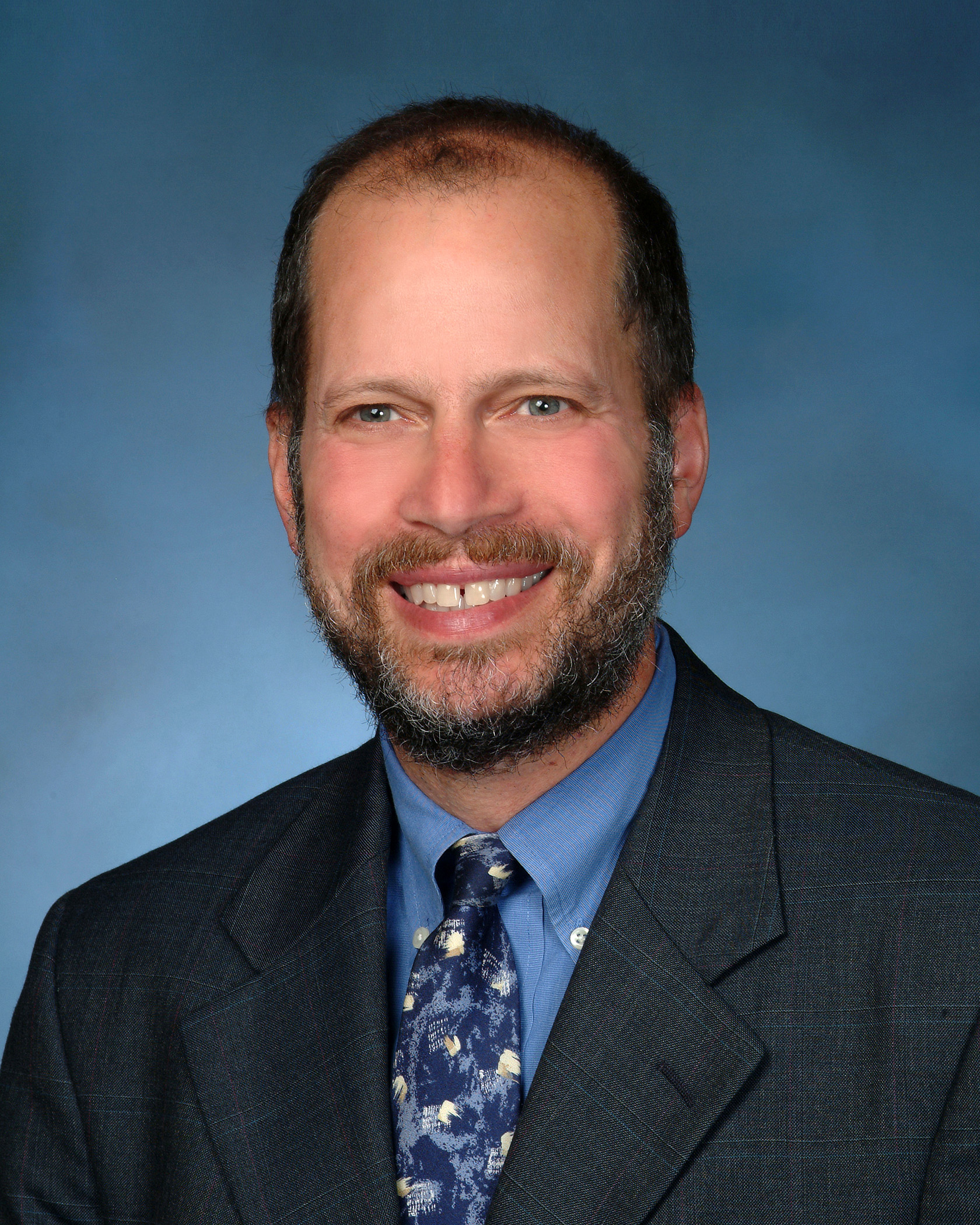
Professor Krent has focused his scholarship on legal aspects of individuals’ interaction with the government. His book, Presidential Powers, is a comprehensive examination of the president’s role as defined by the U.S. Constitution and judicial and historical precedents.
In addition, Krent has served as a consultant to the Administrative Conference of the United States, the World Bank, and the U.S. Department of Justice. Most recently, he served the Biden Administration during the first half of 2022 in the Office of Management and Budget in the General Counsel’s Office.
Sheldon Bernard Lyke
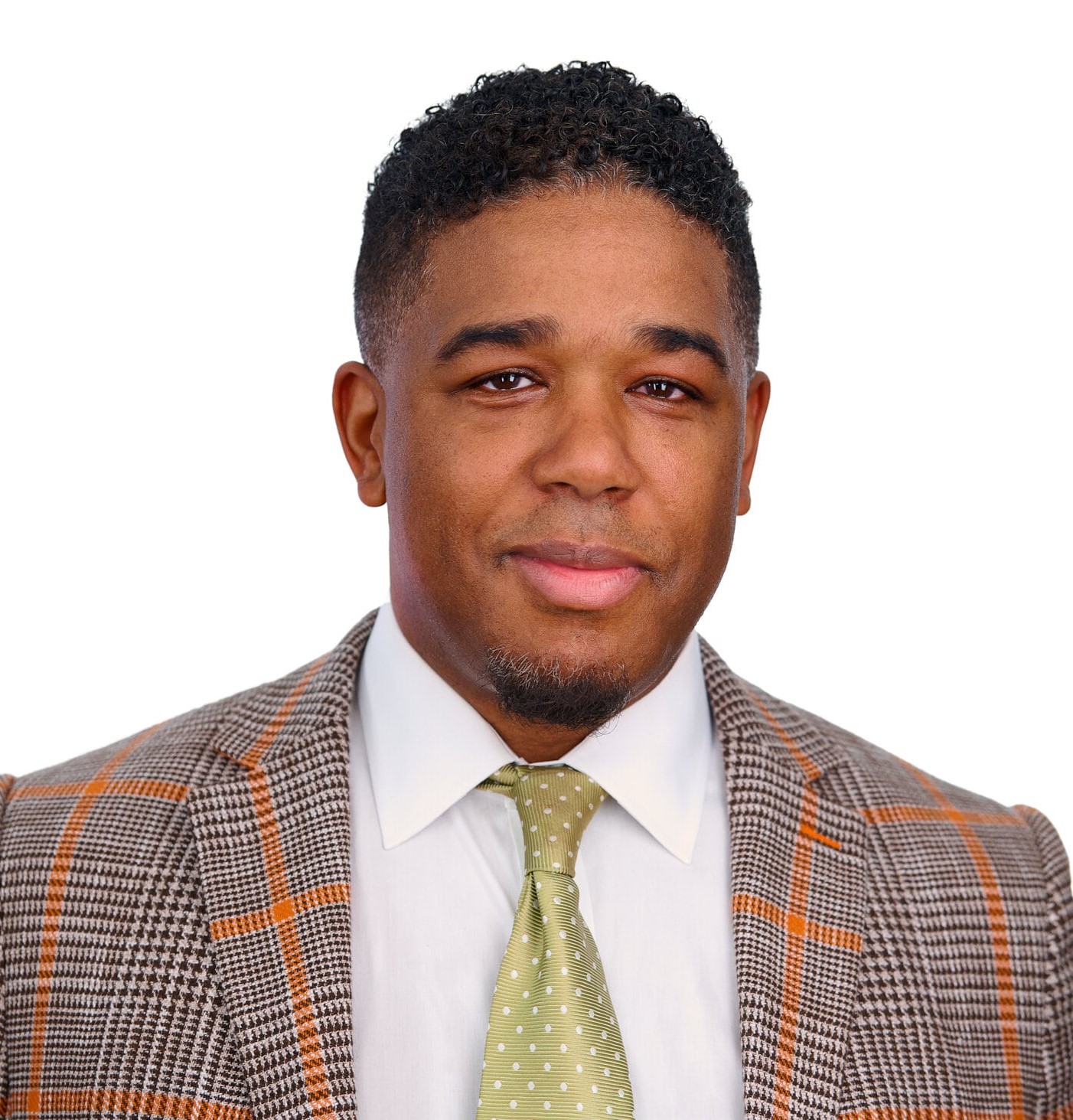
Sheldon Bernard Lyke is an Associate Professor at Loyola University Chicago School of Law. His research focuses on anti-discrimination laws regarding racial and sexual minorities in a comparative context. His current research explores anti-affirmative action practices in higher education. His work is increasingly observing property law institutions in our shared social world–particularly the realms of higher education, fashion, and natural resources (i.e., parks, commons, and shared green spaces)–and understanding their role in creating and ameliorating social inequality.
Before joining the Loyola Chicago Law faculty, Sheldon was an Associate Professor at the University of Baltimore School of Law. He has also held positions as a Visiting Associate Professor at Howard University School of Law (Spring 2023), and a Visiting Assistant Professor at both UC Irvine School of Law (Fall 2016) and Northwestern University School of Law (2012 thru 2013). In 2011, he was appointed the inaugural Dorr Legg Law and Policy Fellow at the Williams Institute (UCLA School of Law).
Manoj Mate
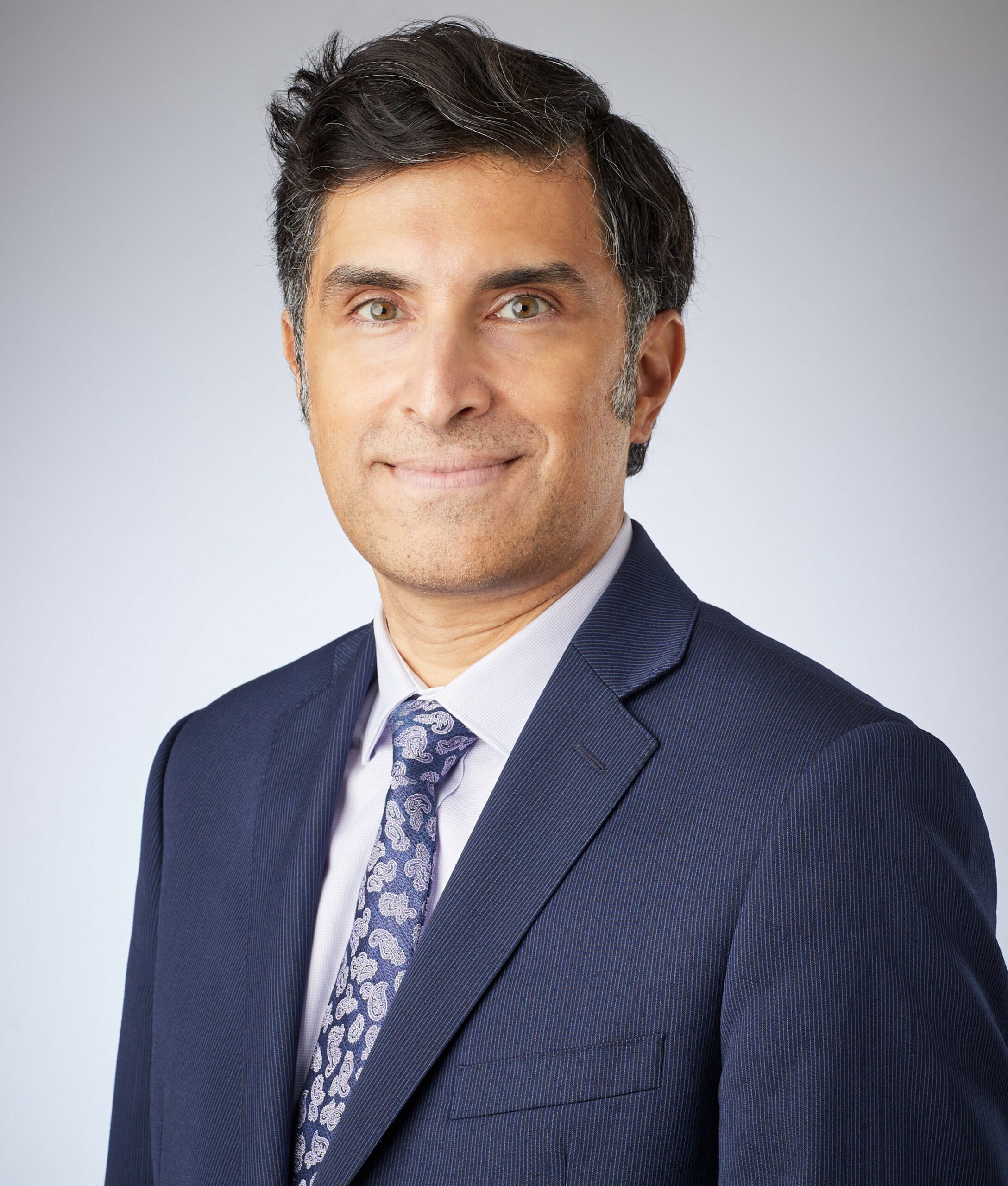
Manoj Mate is an Associate Professor of Law and Faculty Director of the Racial Justice Initiative at DePaul University College of Law. Professor Mate’s interdisciplinary research centers on public law, constitutional law, election law and voting rights, and comparative constitutional law. His academic writings have been published or are forthcoming in leading law reviews and journals, including Stanford Journal of Civil Rights and Civil Liberties, Yale Journal of International Law, Columbia Human Rights Law Review, Berkeley Journal of International Law, Tulane Law Review, Connecticut Law Review, Nevada Law Journal, and the Journal of Human Rights. He also has peer-reviewed chapters published in volumes by Oxford University Press and Cambridge University Press. Professor Mate was selected as a Public Voices Fellow for the Op-Ed Project in 2022, and his commentary and insights have appeared in numerous publications including Time Magazine, The Hill, and Jurist.
Professor Mate previously served as a Canada Research Chair in International Trade Law at the University of Windsor and has held visiting or faculty appointments at the University of California, Irvine School of Law, Harvard Law School, the University of California, Berkeley School of Law and Whittier College. He currently serves on the Illinois Racial Profiling Prevention and Data Oversight Board. Prior to entering the legal academy, he practiced litigation at O’Melveny & Myers, and also worked for an election law firm in San Francisco. During graduate school, Mate worked on the 2006 Voting Rights Re-authorization Initiative at the Chief Justice Earl Warren Institute on Law and Social Policy at the University of California, Berkeley School of Law, and went on to serve as a Senior Policy Advisor to Mayor Julian Castro in the City of San Antonio. Mate received his J.D. from Harvard Law, and his B.A., M.A., and Ph.D. in Political Science from U.C. Berkeley.
Christopher Schmidt
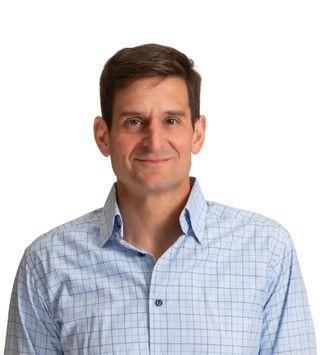
Christopher W. Schmidt is a Professor and Co-Director of the Institute on the Supreme Court of the United States at Chicago-Kent College of Law. He is also a Research Professor at the American Bar Foundation and the Editor of Law & Social Inquiry.
Professor Schmidt teaches and writes primarily in the areas of constitutional law and legal history. He received his Ph.D. in American Studies from Harvard and his J.D. from Harvard Law School. He has written two books: The Sit-Ins: Protest and Legal Change in the Civil Rights Era (University of Chicago Press, 2018); and Civil Rights in America: A History (Cambridge University Press, 2021). He is currently writing a history of the U.S. Supreme Court and its relationship with the American
people over the last century.
Steven Schwinn
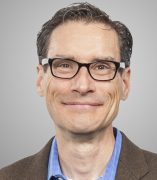
Steven D. Schwinn teaches constitutional law, comparative constitutional law, human rights, and a specially designed legal writing class on civil rights. Steve is founding editor-in-chief of the American Constitution Society Supreme Court Review and founding co-editor of the Constitutional Law Prof Blog. He is a longtime member of the American Constitution Society Chicago Lawyers Chapter Board of Advisers. Steve regularly works with high-school teachers and students on civics education, and he regularly speaks on issues related to constitutional law and public policy. Steve’s writings have appeared in a variety of law reviews and other specialized periodicals, popular press publications, and online publications. He regularly writes for the American Bar Association’s Preview of United States Supreme Court Cases and is a frequent commenter on issues related to constitutional law and human rights.
Professor Schwinn teaches Constitutional Law, First Amendment, Comparative Constitutional Law and Human Rights, and Lawyering Skills I: Civil Rights at UIC Law. He is co-director of the International Human Rights Clinic and served as the Edward T. and Noble W. Lee Chair in Constitutional Law for the 2015-2016 school year.
Professor Schwinn earned his B.A. from Michigan State University and his J.D. from the American University Washington College of Law. He previously taught at the University of Maryland School of Law and George Washington University Law School. He practiced full time in the Office of the General Counsel at the Peace Corps.
Carolyn Shapiro
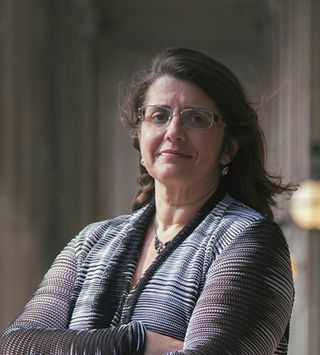
Carolyn Shapiro is a Professor of Law and Associate Dean for Academic Administration and Strategic Initiatives at Chicago-Kent College of Law, where she is also the founder and co-director of Chicago-Kent’s Institute on the Supreme Court of the United States (ISCOTUS), and the faculty director of the Constitutional Democracy Project, a civic education initiative. Professor Shapiro’s scholarship is largely focused on the Supreme Court, its relationship to other courts and institutions, and its role in our constitutional democracy, as well as on other structural constitutional matters and issues related to democracy.
Professor Shapiro attended the University of Chicago Law School. After graduating, she served as a law clerk for Judge Richard A. Posner of the U.S. Court of Appeals for the Seventh Circuit and for Justice Stephen G. Breyer of the United States Supreme Court. After clerking, she had a Skadden Fellowship with the Sargent Shriver National Center on Poverty Law and then spent four years at a small civil rights firm. Professor Shapiro began her career at Chicago-Kent in 2003, From 2014 through mid-2016, she took a leave of absence from Chicago-Kent to serve as Illinois Solicitor General in the office of Illinois Attorney General Lisa Madigan.
Noah Smith-Drelich
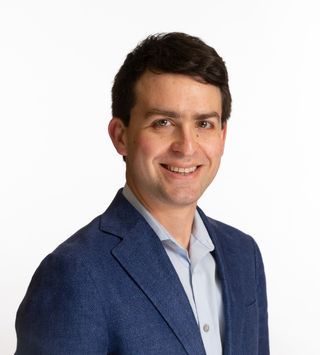 Noah Smith-Drelich is an assistant professor at the Chicago-Kent College of Law. His scholarship seeks to better understand the incentive structures underlying tort law, with ramifications that stretch from mass torts settlements to policing. Professor Smith-Drelich also writes on the constitutional right to travel.
Noah Smith-Drelich is an assistant professor at the Chicago-Kent College of Law. His scholarship seeks to better understand the incentive structures underlying tort law, with ramifications that stretch from mass torts settlements to policing. Professor Smith-Drelich also writes on the constitutional right to travel.
In addition to his academic research, Professor Smith-Drelich maintains an active pro bono practice in civil liberties impact litigation with a focus on indigenous rights and environmental justice. Currently, Professor Smith-Drelich is the originating attorney and lead counsel on Thunderhawk v. County of Morton, a putative class action lawsuit challenging police abuses related to the Standing Rock-led resistance to the Dakota Access Pipeline.
Before arriving at Chicago-Kent, Professor Smith-Drelich was an academic fellow at Columbia Law School and a staff attorney for the American Civil Liberties Union’s North Dakota, South Dakota, and Wyoming affiliate. Professor Smith-Drelich also taught 7th-12th grade on the Pine Ridge Reservation.
He is a graduate of Stanford Law School, where he was an articles editor on the Stanford Law Review and the editor-in-chief of the Stanford Law & Policy Review. Professor Smith-Drelich also holds an M.S. in environment and natural resources from Stanford University and a B.A. from Williams College.
Deborah Tuerkheimer
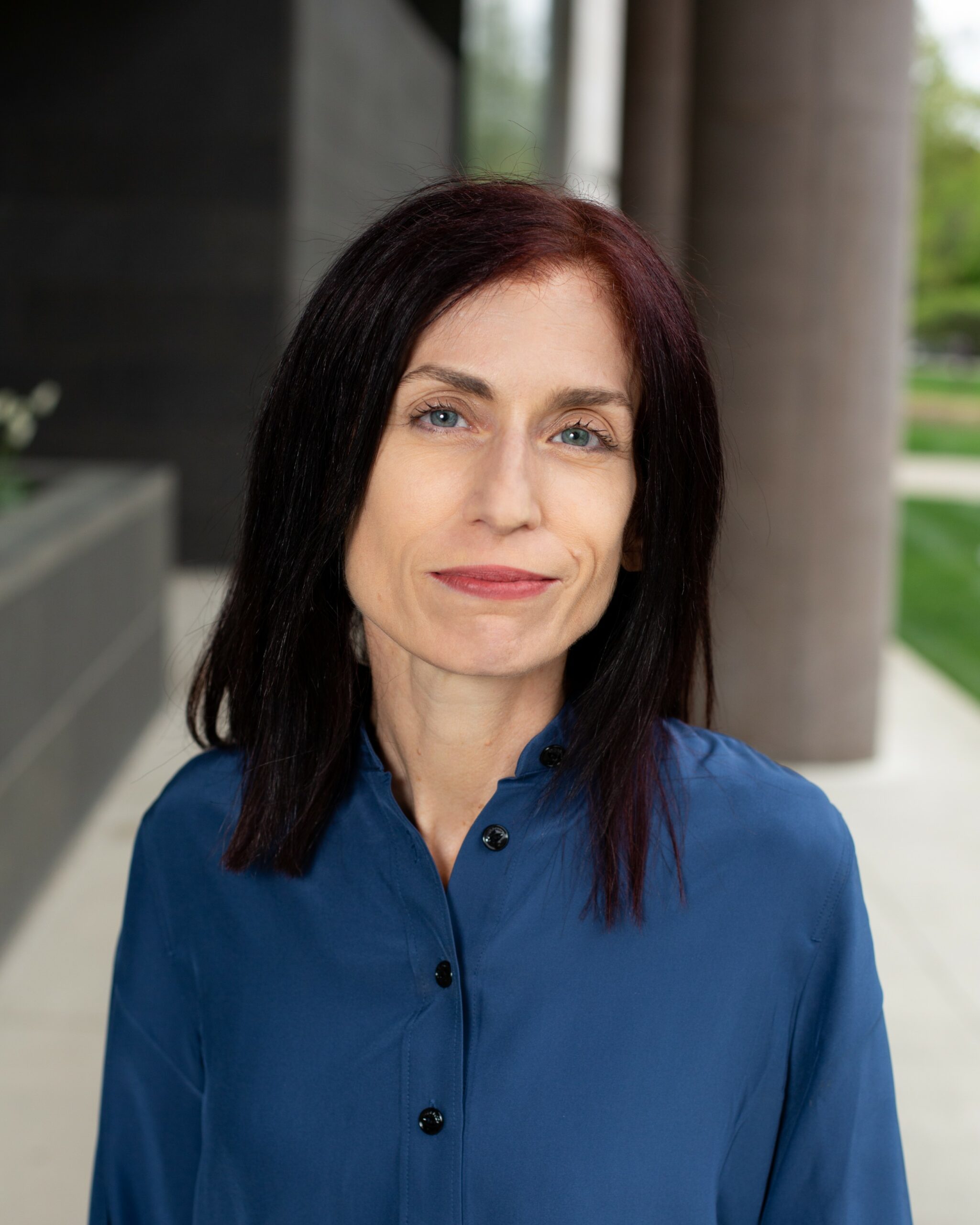 Deborah Tuerkheimer joined the Northwestern Law faculty in 2014 after serving as a professor at DePaul
Deborah Tuerkheimer joined the Northwestern Law faculty in 2014 after serving as a professor at DePaul
